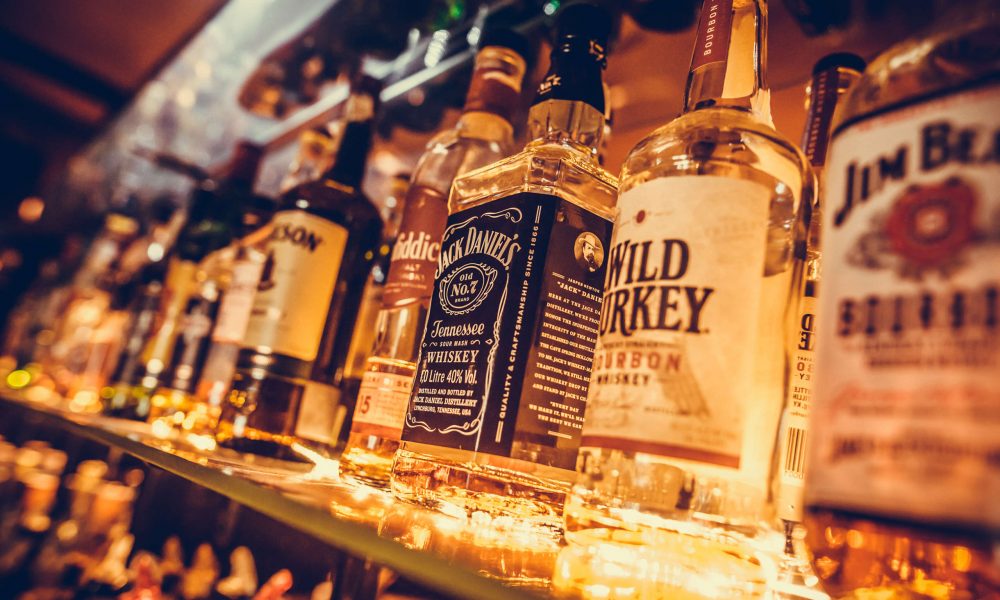Georgia lawmakers are poised to make home delivery of liquor legal across the state.
“The genesis of the bill and the idea is from consumer demand and our small businesses trying to serve their customers,” said the bill’s sponsor Rep. Brett Harrell R-Snellville.
The proposed law would make it legal for restaurants, grocery stores and liquor stores to deliver alcohol directly to customers’ homes.
It also makes online or app purchases more strict to ensure the deliveries are made to the buyer’s home and not to minors. The does not cover to-go alcohol sales.
Harrell said he worked on the bill for two years and introduced it before the coronavirus hit, but the pandemic put a new urgency on the proposed law. Many restaurants have struggled since the shutdown, and even though they are able to reopen, many say in-house sales remain very low. Some municipalities, including Atlanta, passed executive orders permitting to-go alcohol sales to help offset the losses caused by COVID-19 fears.
“Since being back open, it’s 15% to 20% of our revenue is alcohol to-go sales,” said Kristen Sumpter, owner of Red’s Beer Garden in Southeast Atlanta. “It truly saved our business.”
But Sumpter worries the Atlanta order allowing to-go sales will expire soon, so she welcomes the bill that would allow her to deliver beer along with her specialty hot dogs.
“Where people, like I said, are not wanting to go dine in at the same extent that they were when we opened in January, so it would really help the sustainability of restaurants all throughout the state of Georgia,” Sumpter said.
“At the end of the day, this is in response to consumer demand and allowing our business community to meet it,” Harrell said.
Georgia Baptist Mission Board spokesperson Mike Griffin said they oppose the bill which has already passed both the House and Senate, but must return to the House for one last vote.
“As usual, we have concerns about the expansion of the sale of alcohol,” Griffin said. “Accessibility equals sales, sales equals consumption. The more you consume, there is the potential there for problems. We are especially concerned about the liquor sales and that the bill is not an “opt-in” rather than an “opt-out” on the local control issue.”
































No comments